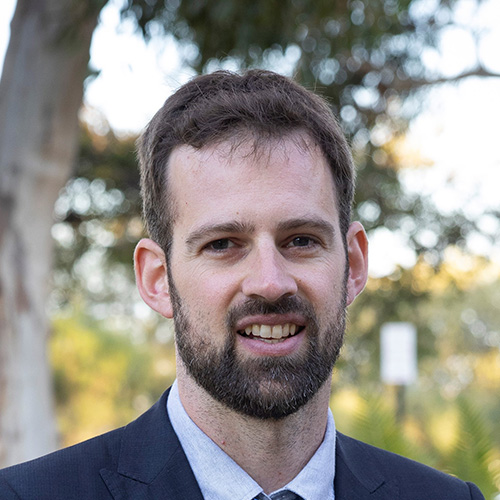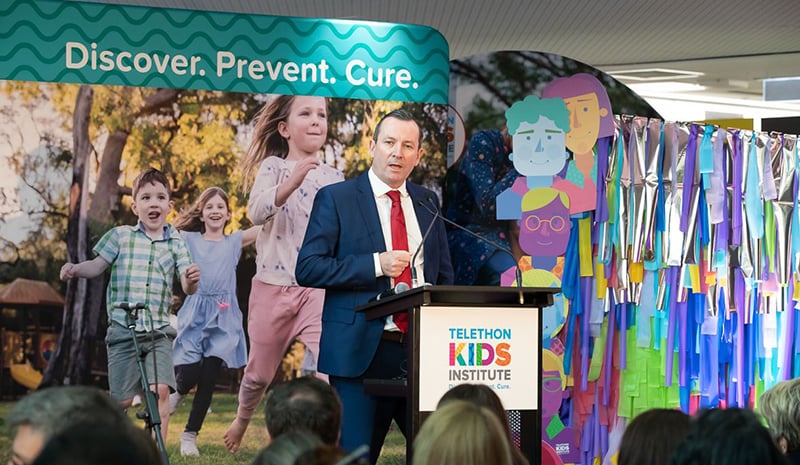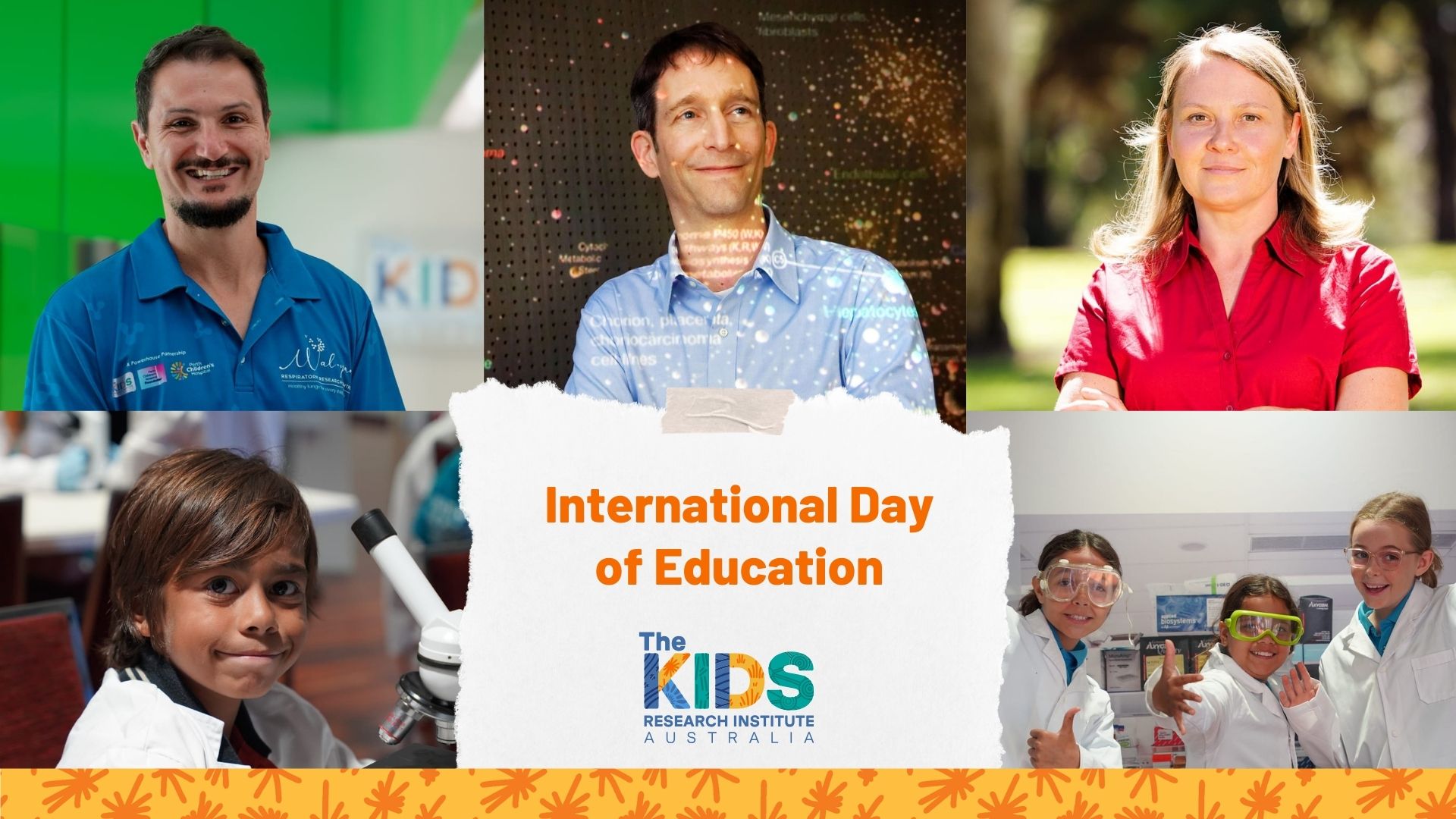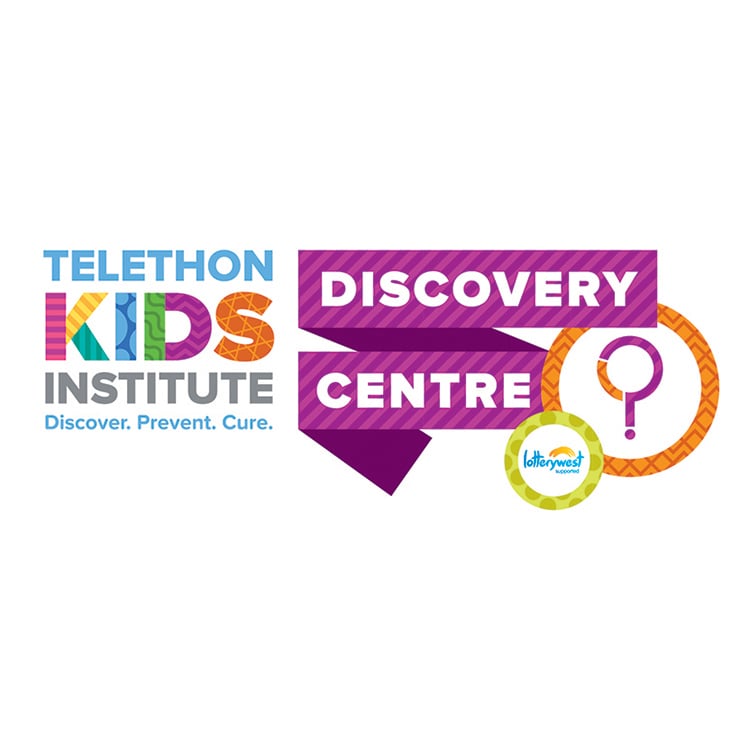Search
Research
Co-occurring Neurodevelopmental Conditions in Children: Advocating for Transdiagnostic Approach to AssessmentsApproximately 8% of all children experience developmental and mental health conditions. Similarities in characteristics across neurodevelopmental conditions-such as difficulties in communication and language, social interaction, motor coordination, attention, activity regulation, behavior, mood, and sleep-make it challenging to attribute these characteristics exclusively to specific diagnoses and assessments. The purpose of this study was to identify symptomatic domains across neurodevelopmental conditions in children and to explore dimension reduction for transdiagnostic assessment.
Research
Characterizing the Nature of Alexithymia in Autistic Adults: Validation of the Perth Alexithymia QuestionnaireAlexithymia—a trait characterized by difficulties in emotion processing—is of high interest in the autism field. However, the lack of validated alexithymia measures for autistic individuals limits progress. This study aimed to address this gap by examining the psychometric properties of the Perth Alexithymia Questionnaire (PAQ) across autistic and non-autistic samples. Using the PAQ, we investigated how alexithymia manifests in autistic individuals and its links with poor mental health outcomes (anxiety).

Embrace @ The Kids Research Institute Australia is Western Australia’s first research collaboration devoted to the mental health of infants, children and young people ages 0-25.


News & Events
Thought-provoking lecture from WA’s 2021 Australian of the YearA major gap in tackling the mental health crisis in WA is the inability to effectively treat children and adolescents with a history of trauma within the current system.
On this Research Impact page, we showcase real game-changers - research that changes the very way other scientists around the world think and approach challenges. The far-reaching impact on children and families for all the stories shown on these pages is both exciting and significant.

News & Events
Discovery Centre makes science funBudding young scientists can now gain an insight into the world of research thanks to The Kids Research Institute Australia’s newly opened Discovery Centre.

Get some key information about some of the most popular questions that people are asking about the Discovery Centre.

News & Events
International Day of Education: AI and Education at The Kids Research InstituteToday, 24 January 2025, is International Day of Education, a global celebration of the power of learning to transform lives. This year’s theme, “AI and Education: Preserving Human Agency in an Automated World”, underscores the critical role of education in preparing kids for a future increasingly shaped by AI.

News & Events
School excursions at The Kids Research Institute AustraliaThe The Kids Discovery Centre schools pilot program is returning in 2021!
